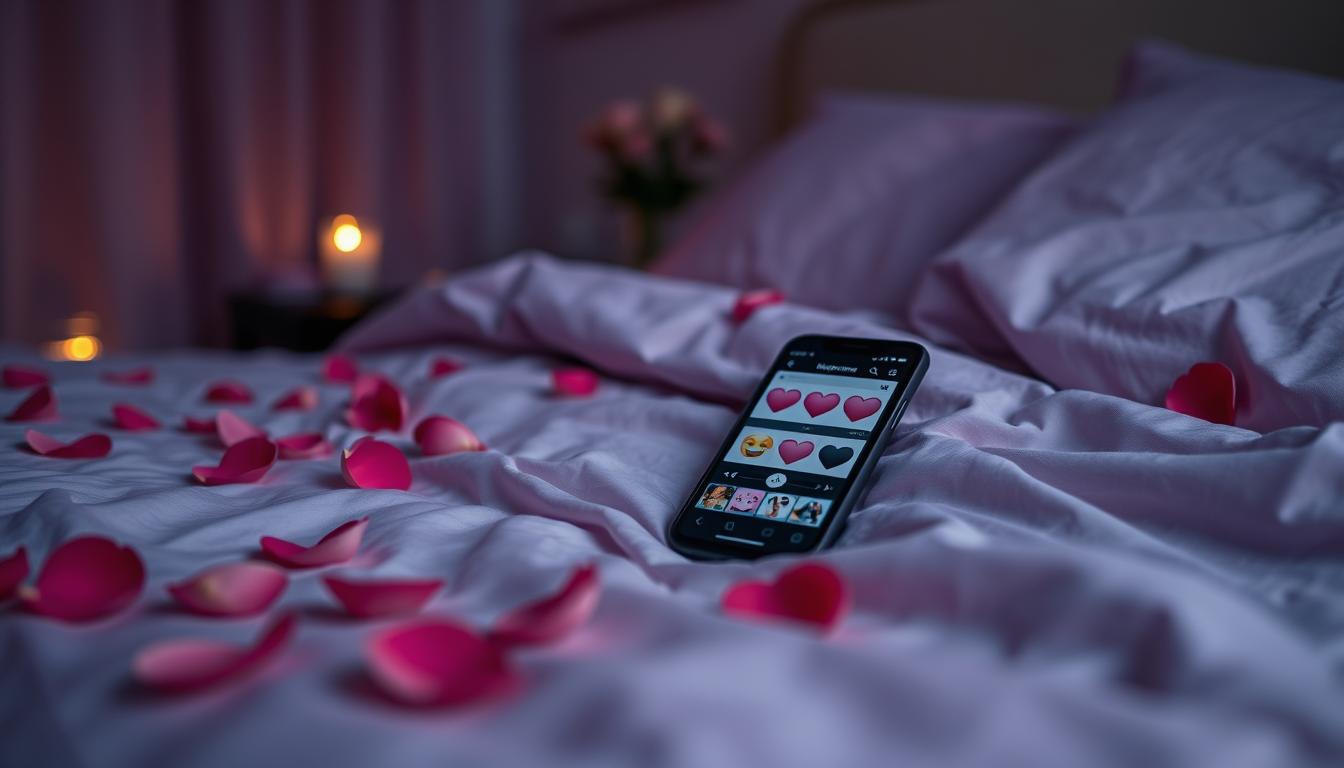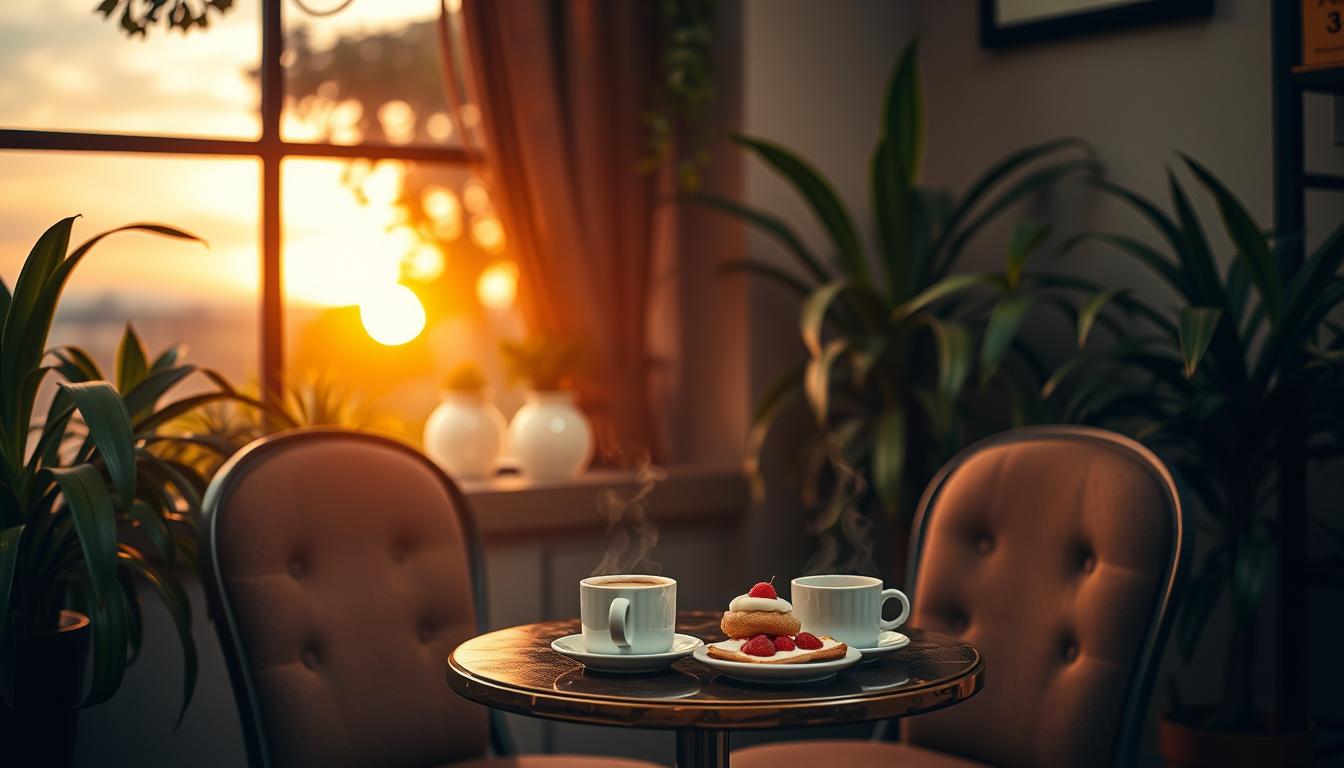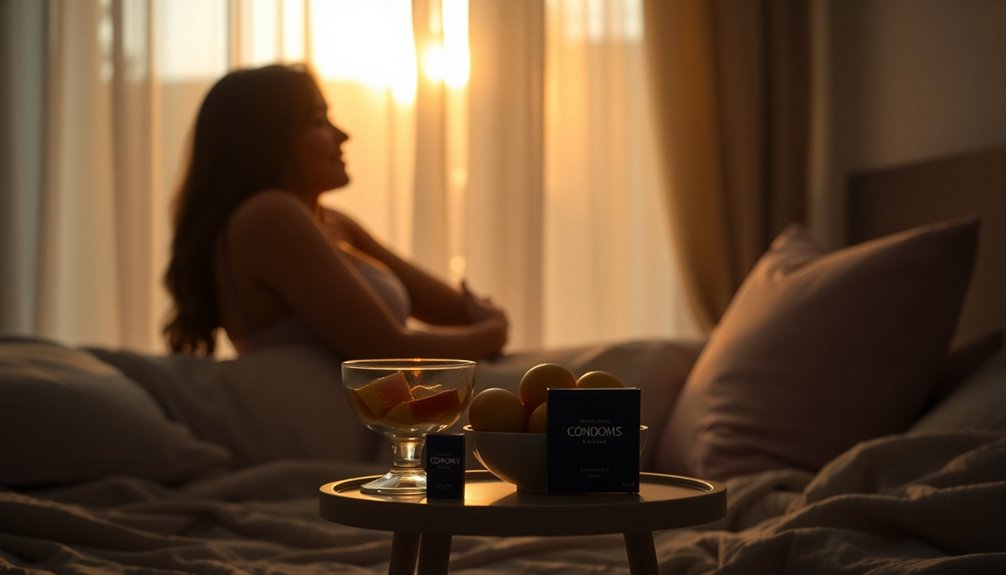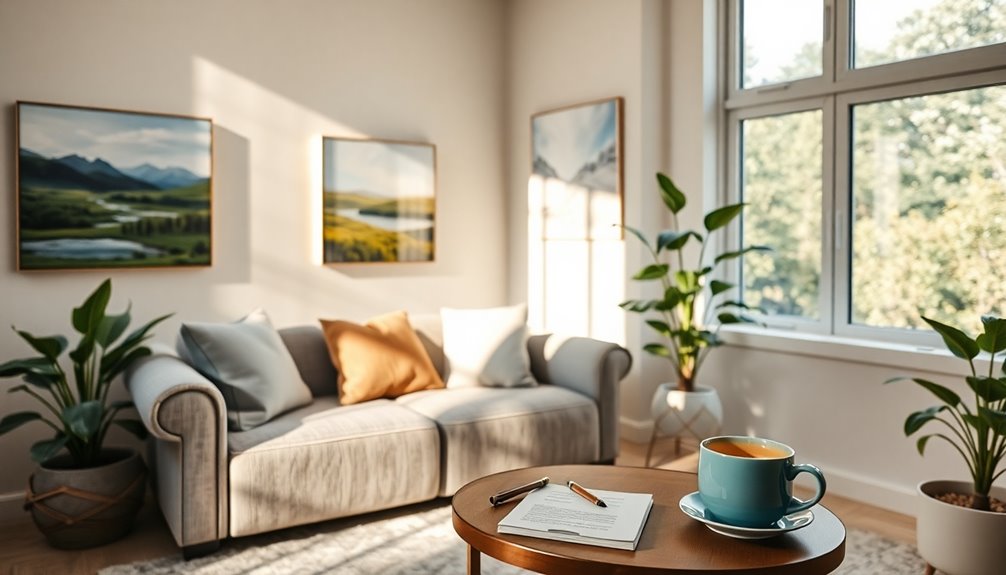Have you ever seen your reflection and felt down? You’re not alone. Many people have moments where they doubt their looks. This can make socializing and personal relationships tough. Sometimes, getting negative feedback makes us feel worse. Recognizing signs that you might not be attractive is actually a good thing. It’s your first step towards getting better, inside and out.
This isn’t about feeling sorry for yourself. It’s about understanding your own worth and finding beauty in yourself. Starting to work on how you see yourself can reveal a lot about your value.
Looks matter a lot in today’s world. It’s easy to doubt yourself, especially with all the expectations society has. But knowing these signs is key to feeling better about yourself. It’s crucial for our minds and for seeing our true beauty. The goal isn’t just to look better.
It’s about having a spirit that glows. That glow comes from being happy and healthy on the inside. And it shines through, making you more attractive.
Key Takeaways
- Understanding signs you are unattractive is the first step towards change.
- Self-awareness plays a crucial role in personal growth.
- Improving attractiveness involves addressing both physical and emotional well-being.
- Negative feedback can significantly impact self-esteem and social interactions.
- Embracing personal growth leads to healthier relationships and self-acceptance.
Understanding Attractiveness: A Subjective Journey
Attractiveness is seen through a subjectivity of beauty lens. Definitions of beauty vary greatly from person to person. This shows there isn’t a one-size-fits-all standard for personal attractiveness. Personal likes, cultural backgrounds, and personal experiences change how attraction is seen.
Many things affect beauty standards, like society trends, how media shows beauty, and personal traits. For example, many folks think having a lot of body fat is not attractive. OKCupid found that 80% of men are thought to be below average by women. This shows how stiff competition is on dating sites.
Look at Tinder’s info. The top half of men get almost all the likes, 96%. This fact shows how beauty really affects dating and making friends. People with facial differences often face unfair opinions. That’s because looks can make others feel distanced, by tying bad traits to how someone looks.
It’s key to understand the subjectivity of beauty. This helps you value your own special traits. It helps you not feel down when comparing yourself to what’s often seen as beautiful. Knowing that beauty looks different to everyone can help you love what makes you unique. This is crucial in dealing with beauty standards.
Recognize Signs You Are Unattractive
Knowing if you’re attractive involves understanding certain signs. These signs come from how others treat you. They also show how you see yourself.
Negative Feedback from Others
Getting negative feedback from those around you can hurt your self-esteem. This can be direct, like mean comments, or indirect, like uncomfortable body language. More than 70% of people feel unattractive due to beauty standards. This feeling is often made worse by negative reactions from others. Seeing these signs can be your first step to get better.
Social Rejection Signals
It’s important to notice social rejection signs. If you’re invited out less or feel left out in conversations, these are clues. They might mean people don’t enjoy your company. Around 28% of adults have felt left out. This shows how common it is and how it affects the way we see ourselves. Recognizing this can help you think about what to change.
Emotional Responses to Rejections
Your emotional responses to being left out can reveal deeper issues. You might feel not good enough or doubt yourself after bad feedback or being ignored. Half of the people say this hurts their confidence. Noticing how you feel can help you see what you need to work on.
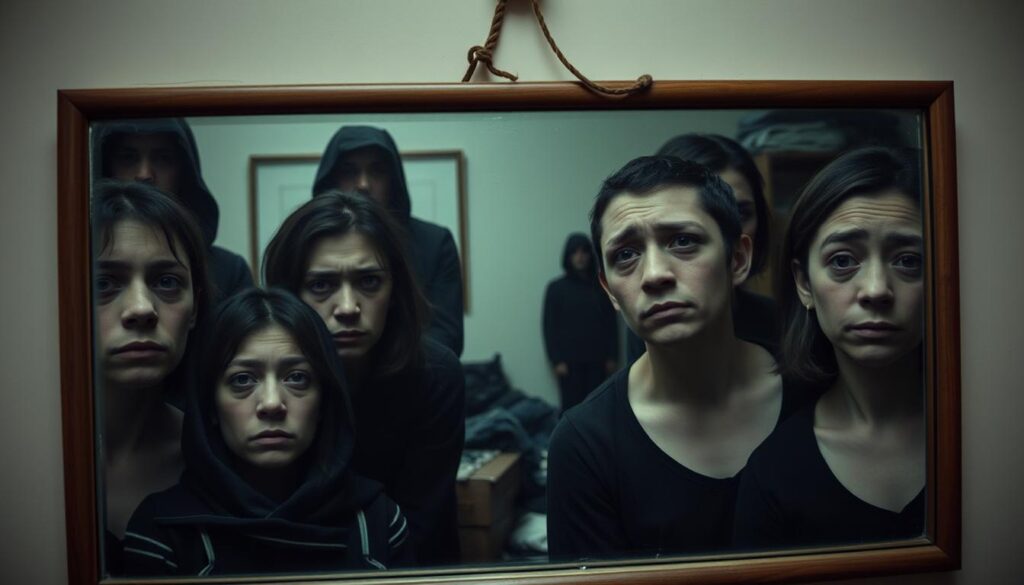
| Specific Signs | Impact on Perception |
|---|---|
| Negative Feedback | Decreased self-esteem and social confidence |
| Social Rejection | Perception of unlikability and loneliness |
| Unpleasant Emotional Reactions | Heightened feelings of inadequacy |
The Role of Confidence in Attractiveness
Confidence is key in how we see ourselves and how others view us. It affects your allure, letting you show off an attractive vibe. It’s seen as a top trait that draws people together.
How Self-Esteem Affects Perception
Your self-esteem impacts your self-view and others’ perceptions of you. About 70% of people find confidence more appealing than just looks. Self-love and acceptance make you more attractive to 85% of folks. But, focusing too much on looks can make you seem less appealing. This shows inner traits beat physical ones.
Building Confidence Through Self-Acceptance
Accepting yourself is crucial for confidence. Practices like self-acceptance improve your self-image. As you embrace your qualities, your confidence blooms. Studies link self-esteem with feeling able, where 75% feel more competent with higher self-esteem. Celebrating even tiny wins boosts your allure, drawing people to you.

Navigating the Pitfalls of Poor Personal Hygiene
Keeping up with personal hygiene matters a lot. It’s crucial not only for staying healthy but also for looking good. Poor hygiene can mess with how you get along with others and how confident you feel. Knowing why oral health and keeping clean is vital can make you feel better about yourself. It also affects how people see you.
Oral Health and Its Impact on Attractiveness
How your mouth looks and smells plays a big part in your attractiveness. Brushing and flossing regularly can keep away bad breath and teeth problems. Sadly, about 80% of people don’t look after their dental health well. You should brush your teeth twice a day, but only 30% do it. It’s also important to see a dentist once a year, but just half of us manage that. Ignoring your oral health can make you feel self-conscious and avoid hanging out with friends.
Body Cleanliness and Social Interactions
Cleaning your body is just as important as taking care of your mouth. When you hit puberty, sweat increases for about 70% of teens, so daily showers are key. Washing regularly helps dodge problems like stinky feet, which affects 15% of people. It’s good to wash your feet every day to keep away bad smells and infections like Athlete’s Foot. About 60% of teens deal with oily hair, too. Washing your hair every other day can cut down on the grease.
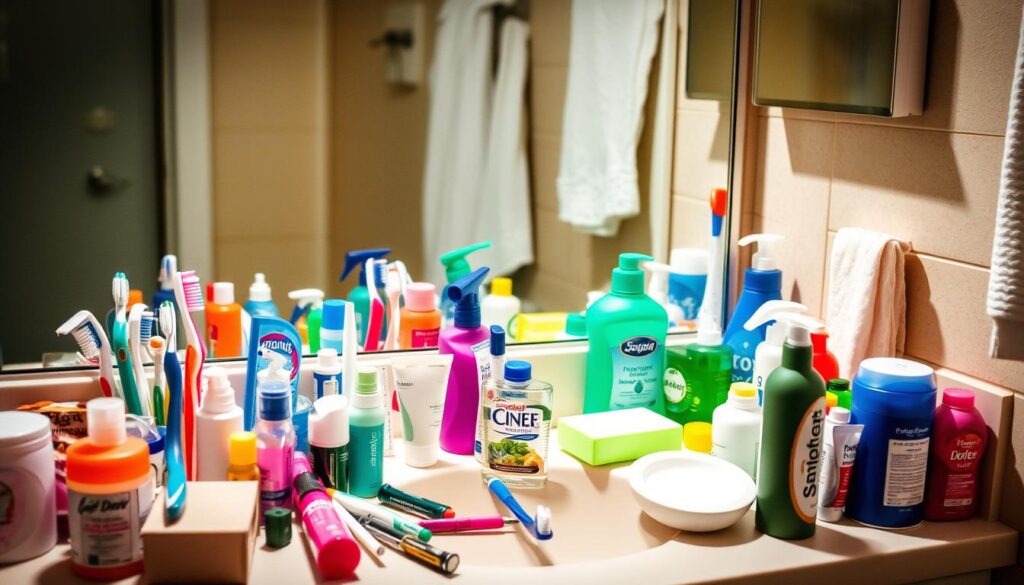
Simple hygiene habits are a big deal for how attractive you are and how well you get along with others. Not taking care of yourself can lead to tough social problems, including being bullied and feeling really bad about yourself. That’s why it’s so important to keep up with your hygiene. Doing so means you’re putting your best foot forward in the world.
| Hygiene Aspect | Statistics | Recommendation |
|---|---|---|
| Dental Care | 80% do not practice adequate dental hygiene | Brush twice daily, regular dentist visits |
| Body Cleanliness | 70% of teenagers experience increased sweating | Daily bathing recommended |
| Feet Hygiene | 15% experience foot odor | Wash feet daily |
| Hair Care | 60% of teenagers have greasy hair | Wash hair every other day |
Health and Fitness: A Reflection of Self-Care
Embracing health and fitness is crucial for your self-care routine. It shows self-respect and aids in personal growth. Regular physical activity improves how you look and feel.
A balanced diet is just as important. It gives your body the nutrients it needs. This supports performance and helps you feel good about yourself. Drinking enough water keeps your energy up and skin healthy.
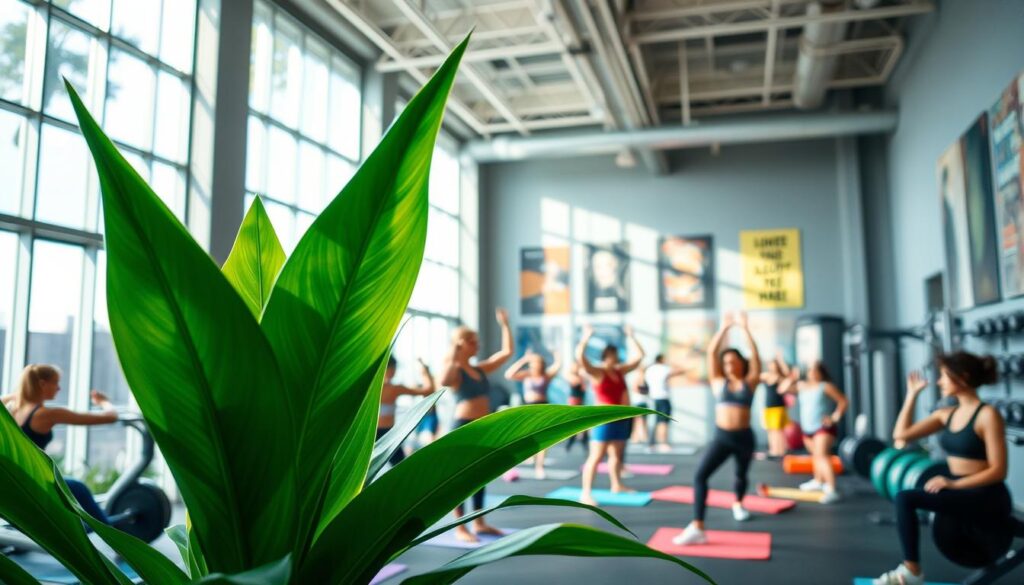
Ignoring self-care can cause body image and emotional issues. Alarmingly, about 1 in 50 people get Body Dysmorphic Disorder (BDD). This usually starts in early adolescence. It affects both men and women and can lead to extreme behaviors due to body image worries.
Over half of young girls and 30% of boys are unhappy with their bodies. This feeling often continues into adulthood. Around 40% of men and 60% of women feel bad about how they look. These negative feelings can really impact someone’s life, making them feel not good enough.
Health and fitness can help you deal with these problems. Focusing on these areas boosts your overall well-being. It also helps you see yourself in a better light. Remember, taking care of your physical and mental health lays the groundwork for growth. It builds confidence that makes you more attractive to others.
| Aspect | Benefits | Impact on Attractiveness |
|---|---|---|
| Regular Exercise | Improves mood, boosts energy, and reduces anxiety | Enhances physical appearance and confidence |
| Balanced Nutrition | Promotes physical health and skin vitality | Contributes to positive self-image and attractiveness |
| Hydration | Maintains energy levels and prevents fatigue | Supports clear skin and overall health |
The Importance of Personal Grooming
Personal grooming is key in shaping how others see you. It helps improve not just how you look but also how you feel about yourself. Activities like bathing regularly, getting neat haircuts, and keeping nails tidy make you look polished. This look boosts positive interactions with others.
Simple Steps for Effective Grooming
Good grooming habits are easy to start. Here are a few tips:
- Maintain a regular bathing routine to stay clean and fresh.
- Style your hair to show your personality and keep it tidy.
- Trim your nails and keep them clean for a neat image.
- Wear clean clothes that fit the occasion.
- Keep your teeth healthy and breath fresh to make a good impression.
The Connection Between Grooming and Self-Esteem
Grooming greatly affects self-esteem. Studies show good hygiene boosts confidence by 65%. Feeling good about how you look makes you more confident. This, in turn, impacts how you interact with others. A Men’s Health survey found that 68% feel more confident when they are well-groomed. This shows grooming not only changes how people see you but also helps you feel better about yourself.
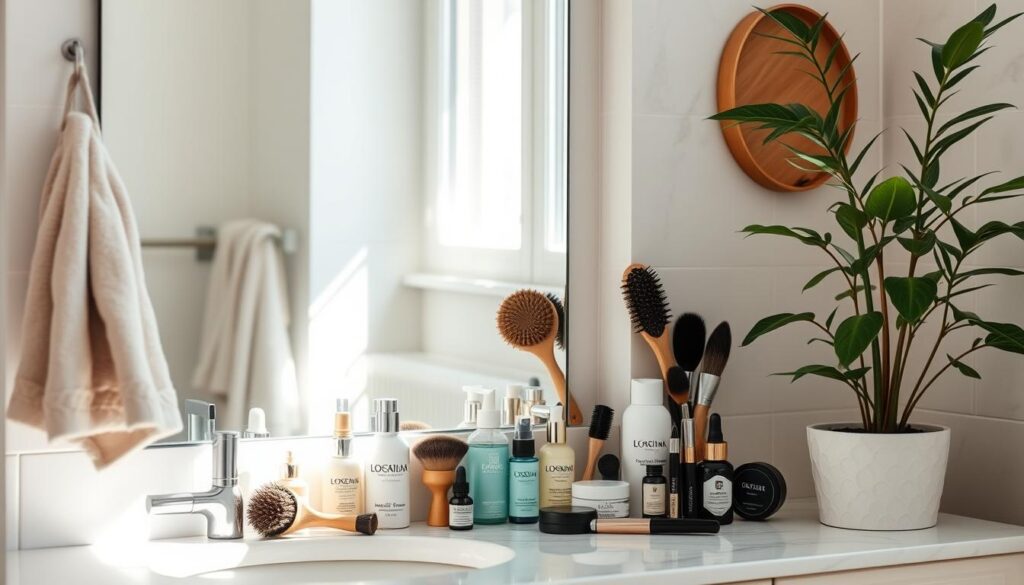
Adding grooming practices to your day can improve your social life and self-worth. It shows respect for yourself and others. This sets up positive interactions in all areas of life.
| Grooming Habit | Impact on Self-Esteem | Common Benefits |
|---|---|---|
| Regular Bathing | Boosts freshness and confidence | Improved personal interactions |
| Hairstyling | Enhances self-image | Attracts positive attention |
| Nail Maintenance | Indicates self-care | Conveys professionalism |
| Oral Hygiene | Builds confidence in conversations | Prevents negative impressions |
| Wardrobe Choices | Reflects personal style | Enhances social connections |
Recognizing Social Skills Deficits
Social skills are key to good conversations and friendships. If you find it hard to connect with people, you may feel lonely. It’s important to know if your social skills need work to make better connections.
Some people get really nervous in social situations. This nervousness can make it hard for them to talk to others. It can lead to feeling left out. This can make stress worse, making it even harder to make friends.

- Find it hard to look at people when you talk
- Have trouble starting or keeping up with conversations
- Feel stressed in groups
To get better at socializing, try these tips:
- Practice active listening: Listen without interrupting. Show you’re really interested.
- Engage in social settings: Go out. Use these moments to chat with others.
- Seek feedback: Ask friends or family how you can be better in conversations.
Improving your social skills can make your relationships better. Therapy or classes can help a lot. They teach you how to communicate better.
Overcoming a Negative Mindset
It’s vital to tackle a negative mindset to improve how you see yourself and your overall allure. Many people struggle with feeling not good enough, thanks to society’s ideals. Realizing the impact of these ideals on how you view yourself can help you make better changes in your life.
Effects of Societal Standards on Self-Perception
Society’s norms often set impossible beauty standards, making many feel bad about themselves. Studies show that people prefer “average faces” because they tend to be more symmetrical. This idea supports beauty standards. It leads to body dysmorphic disorder in 1-2% of individuals. This can worsen self-esteem problems, making it hard for someone to see themselves positively.
About 20% of people will deal with depression at some time. There’s a link between this and a constant negative mindset. This cycle makes it tough to see beauty and worth in oneself. Negative self-talk makes things worse, with 80% of our thoughts being negative. Acknowledging this can be key to change.
Strategies for Developing a Positive Self-Image
To feel better about yourself, you need clear steps focusing on self-love and realistic beauty ideals. Think about these actions:
- Practice Self-Compassion: Be kind to yourself and accept your imperfections.
- Set Realistic Beauty Standards: Cherish what’s unique about you rather than wanting to look like someone else.
- Engage in Positive Self-Talk: Turn negative thoughts into positive ones.
- Regular Self-Care Practices: Self-care can greatly boost your mental health and self-esteem.
- Seek Professional Help: Therapy can help. Around 80% improve after seeking support.

Creating a positive self-image requires dedication and work. By adopting these strategies, you can fight the negative thoughts and accept your real self. Understand that you’re more than what society expects. Being true to yourself is key to feeling attractive and happy.
Pathways to Improvement
Improving how you see yourself involves many steps. You need to explore different ways to feel better about your looks and emotions. Exercise is key in this journey. It helps a lot. Having friends who support you also helps you grow as a person.
Physical Activity and Mental Health Connection
Regular exercise boosts your mood. When you work out, your body makes endorphins, also known as “feel-good” hormones. This can make you feel happier and more confident. To get started, think about adding these to your routine:
- Aerobic exercises: Like running, cycling, or swimming
- Strength training: Such as lifting weights or using resistance bands
- Mind-body activities: Yoga, Pilates, or tai chi are good options
Setting goals that you can really achieve makes you feel good and more sure of how you look.
Building Supportive Relationships
It’s very important to make and keep supportive friends for personal growth. Being around people who lift you up makes you feel like you belong. Here are ways to make those friendships stronger:
- Engage in open communication: Talking about your feelings helps build stronger connections.
- Participate in social activities: Find groups that share your interests.
- Be supportive: Always be there with a kind word for others.
Having supportive friends, along with staying active, offers a well-rounded way to boost your self-esteem. This helps you value yourself more.
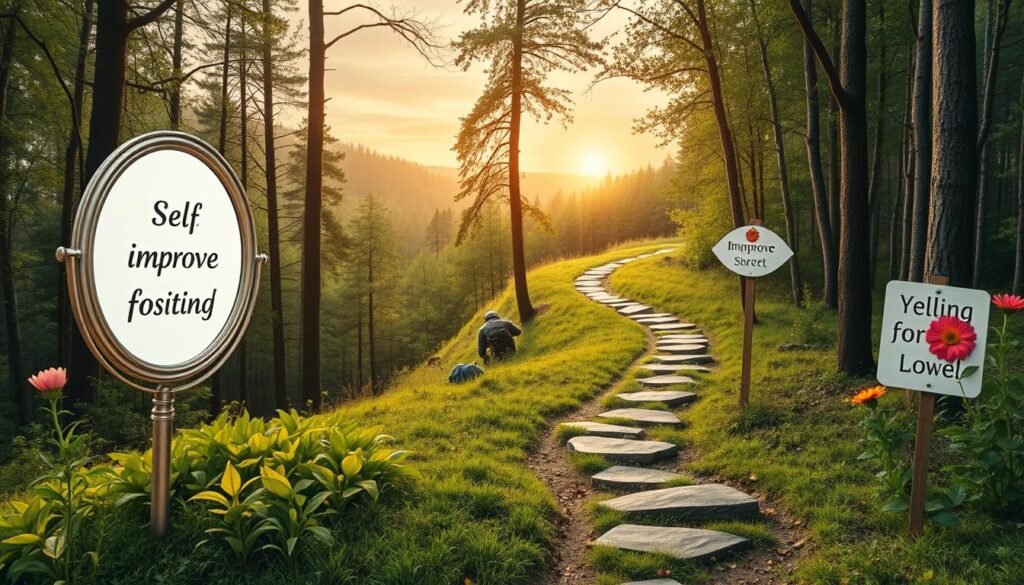
Conclusion
Noticing signs of unattractiveness goes beyond how we look. It’s key for growing and getting better. Reflecting on ourselves can kickstart change. By spotting areas to work on, like cleanliness or social skills, you’re on your way to looking and feeling better.
Improving your attractiveness is about more than just looks. It involves accepting yourself, staying mentally healthy, and taking action. Good hygiene and grooming, confidence, and fitness play big roles. They make you look good and improve your life.
Loving yourself and always trying to improve can make your social life richer. By acting on these steps, you change how you see yourself. You turn unattractiveness into strength, inspiring others with your story.


